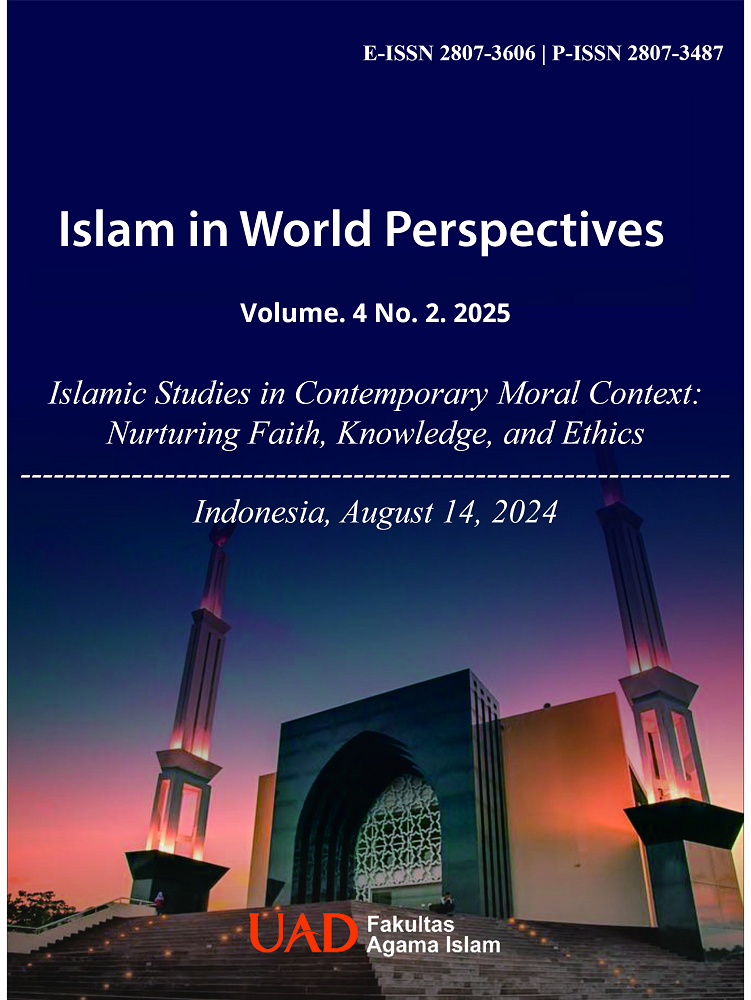The influence of community sharia literacy on understanding of sharia insurance products
Abstract
This study examines the impact of public literacy on understanding and participation interest in sharia insurance products. Sharia insurance offers various products such as life, health, accident, education, and pension insurance, designed in accordance with Islamic sharia principles and supervised by the Sharia Supervisory Board. Case studies in Region of Yogyakarta indicate that good sharia literacy increases public interest in choosing sharia insurance products. Sharia literacy includes understanding the concepts, contracts, and products of sharia insurance, as well as fundamental principles such as the prohibition of riba (interest) and gharar (uncertainty). The study finds that besides sharia literacy, other factors such as religiosity, trust in sharia institutions, and demographic factors also play a role in influencing public interest. Therefore, it is important to enhance sharia literacy in society to improve understanding and participation in sharia insurance products. The findings suggest that effective sharia literacy programs can help sharia insurance companies and regulators increase the acceptance of these products in society.
Downloads
Published
Issue
Section
License
Copyright (c) 2024 Salsabila Indrastuti, Fitria Nurma Sari

This work is licensed under a Creative Commons Attribution-ShareAlike 4.0 International License.
Authors who publish with Islam in world perspectives agree to the following terms:
- Authors retain copyright and grant the journal right of first publication with the work simultaneously licensed under a Creative Commons Attribution License (CC BY-SA 4.0) that allows others to share the work with an acknowledgment of the work's authorship and initial publication in this journal.
- Authors are able to enter into separate, additional contractual arrangements for the non-exclusive distribution of the journal's published version of the work (e.g., post it to an institutional repository or publish it in a book), with an acknowledgment of its initial publication in this journal.
- Authors are permitted and encouraged to post their work online (e.g., in institutional repositories or on their website) prior to and during the submission process, as it can lead to productive exchanges, as well as earlier and greater citation of published work.

This work is licensed under a Creative Commons Attribution-ShareAlike 4.0 International License.



